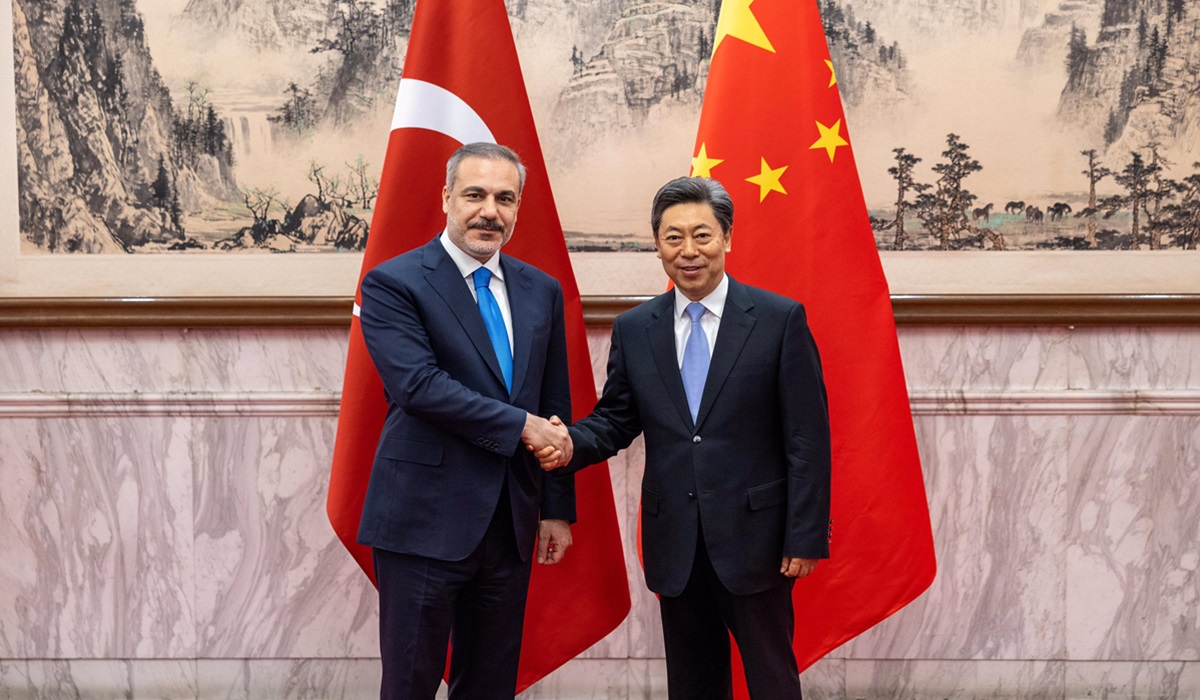For decades, Türkiye’s aspirations lay firmly within the European embrace. EU membership was the coveted prize, a symbol of integration and a path to greater economic and political influence. However, after years of negotiations and lingering doubts from some European capitals, Ankara finds itself at a crossroads. Frustration with the stalled accession process and a desire for a more prominent role on the global stage have led the nation to explore new alliances, most notably with the BRICS grouping (Brazil, Russia, India, China, and South Africa). This strategic pivot holds significant implications not just for Türkiye, but for the global balance of power.
Türkiye’s significance transcends its geographical location at the crossroads of Europe and Asia. It boasts a powerful military, the second-largest within NATO, and a burgeoning economy. Yet, its pursuit of EU membership has been fraught with challenges. The official narrative cites concerns over human rights, rule of law, and democratic standards. However, many analysts believe an unspoken factor lurks beneath the surface – Türkiye’s predominantly Muslim identity. This perception of cultural and political incompatibility has fueled frustration in Ankara, fostering a growing sense of exclusion.
The BRICS alliance, established in 2009, presents an alternative platform for the nation. It represents a counterweight to Western-dominated institutions like the G7 and G20, offering access to vast emerging markets and a potential hedge against Western sanctions, a tool previously employed against Türkiye. The prospect of a BRICS currency, further delinking from the US dollar, holds significant economic appeal.
The potential ramifications of a BRICS alliance for Türkiye are multifaceted. Economically, it promises new markets and investment opportunities, particularly in fast-growing economies like China and India. The BRICS Development Bank could provide crucial resources to fuel the nation’s ambitious infrastructure projects. Strategically, membership would elevate Türkiye’s global standing, offering a platform to advocate for its interests in a multipolar world. It would also diversify its foreign relations, lessening dependence on any single bloc.
However, a BRICS pivot presents a delicate balancing act. Türkiye remains a crucial member of NATO, its military a vital component of the alliance’s defense architecture. The alliance’s primary objective – to counter threats from Russia – creates inherent tension with the nation’s burgeoning ties to Moscow. A potential withdrawal from NATO, a possibility some analysts raise, would significantly weaken the alliance’s southern flank and embolden its adversaries.
The elephant in the room regarding Türkiye’s stalled EU accession is undoubtedly its Muslim identity. While the EU maintains its official stance based on principles, the lingering perception of cultural incompatibility cannot be ignored. This raises a critical question: is the world witnessing a broader shift, where established alliances are challenged by emerging economies and cultural divides play a more prominent role?
Türkiye’s move towards BRICS is a potent symbol of this potential shift. It underscores a growing trend of emerging economies seeking greater influence on the world stage. Whether this translates into a complete realignment of global power structures remains to be seen. However, one thing is certain: Türkiye’s decision will be closely scrutinized, potentially influencing the trajectory of international relations and economic frameworks in the years to come.
The story of Türkiye’s foreign policy aspirations is a microcosm of the larger geopolitical landscape in flux. Established powers are grappling with the rise of new players, while cultural and economic considerations are increasingly intertwined. As Türkiye navigates this complex terrain, its choices will not only determine its own future but also contribute to reshaping the world order in the 21st century.









